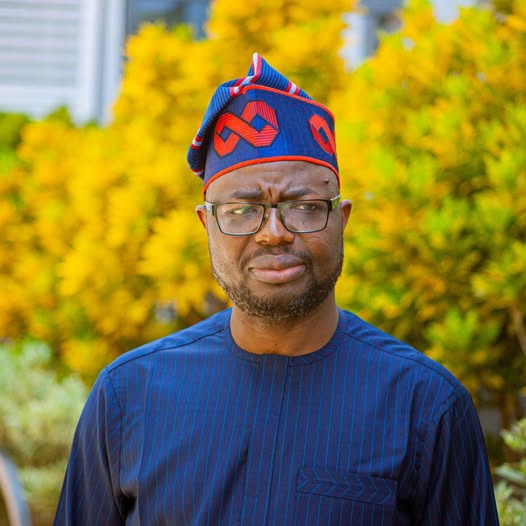Long before the Senate confirmed his appointment as a minister, Bernard Doro had already distinguished himself as a passionate advocate for good governance, social equity, and accountable leadership. His nomination, now widely celebrated, is seen by many as a vindication of his years of commitment to transparency and people-centered politics.
Through his “Bernard Doro Vision” Facebook platform, Doro emerged as a respected voice among Nigerians yearning for reform, integrity, and responsible leadership in public life. His digital presence transcended mere commentary, it became a movement for change. With every post, he challenged complacency, championed transparency, and inspired civic action. His message remained unwavering: governance must serve the people first. Doro’s advocacy was deeply rooted in compassion and empathy, shining a light on the struggles of the marginalized and emphasizing the urgent need for leadership anchored in humanity and moral conviction.
Read Also:
Bernard Doro: Pharmacist turned minister with a heart for his people
My doors are open to everyone,’ says minister Bernard Doro to APC Diaspora
“Let us redefine politics, transcending petty squabbles and self-serving interests,” he declared in a July 29 post. “Let us strive for a politics of elevation, where leaders uplift and empower the people—a politics that prioritizes the marginalized, educates the uninformed, and inspires collective progress.”
Those words, widely shared online, resonated deeply with Nigerians, particularly the youth, who saw in Doro a rare blend of sincerity, courage, and vision. To many, he represented a new kind of leadership, one that values dialogue over domination and purpose over power.
Vision of Unity and Accountability
Doro’s vision of governance rests on three key pillars: accountability, inclusion, and integrity. In one of his most referenced posts on July 24, he reminded citizens that “true politics is about standing with the people,” even when faced with complex challenges.
He emphasized that effective governance must remain transparent and fair while addressing long-standing inequalities. “Despite these challenges, prioritizing citizens’ needs can build trust and credibility, foster inclusive decision-making, promote social justice and equality, and empower citizens,” Doro wrote. “By understanding the needs and concerns of their constituents, politicians can create a more just and equitable society—ultimately leading to better governance and a stronger democracy.” Such statements have come to define his brand of politics—one that is progressive but practical, bold yet grounded in service.
The Listening Leader
Following his confirmation, Doro wasted no time in setting the tone for his administration. During an address to Nigerians in the diaspora on October 30, 2025, he reaffirmed his commitment to open dialogue and participatory governance.
“Bring all your ideas,” he told his audience. “I will listen, and I will take note. My doors are open to everyone—feel free to come over.” He expressed gratitude for the enthusiasm surrounding his appointment and reiterated that genuine leadership is about listening before acting. “Although the job is demanding and time-consuming,” he noted, “I promise to approach every issue swiftly and with the right attitude.”
This humility, observers say, reflects Doro’s enduring principle, “Make a difference, be the difference.” It is not just a slogan but a personal creed that guides his leadership style and expectations of public service.
As Doro assumes his ministerial responsibilities, public expectations are high. Many believe his presence in the federal cabinet signals a shift toward a new political culture, one that values ideas, inclusivity, and transparency. Supporters describe him as “a reformer with a human touch,” while political analysts note that his entry into public office could bridge the gap between civic advocacy and governmental action.
Still, Doro remains cautious, reminding citizens that transformation requires collective effort. He continues to call for unity, tolerance, and shared responsibility, insisting that the nation’s progress depends on citizens as much as leaders.
He summed up his vision succinctly: “Politics of greatness begins with each of us—with our integrity, our compassion, and our willingness to serve.”
As Nigeria continues its quest for credible and visionary leadership, Bernard Doro’s journey from social advocate to minister stands as a testament to the enduring power of conviction. Whether his ideals can withstand the pressures of public office remains to be seen, but for now, he embodies a rare promise: that power, when guided by principle, can still be a force for the people.



